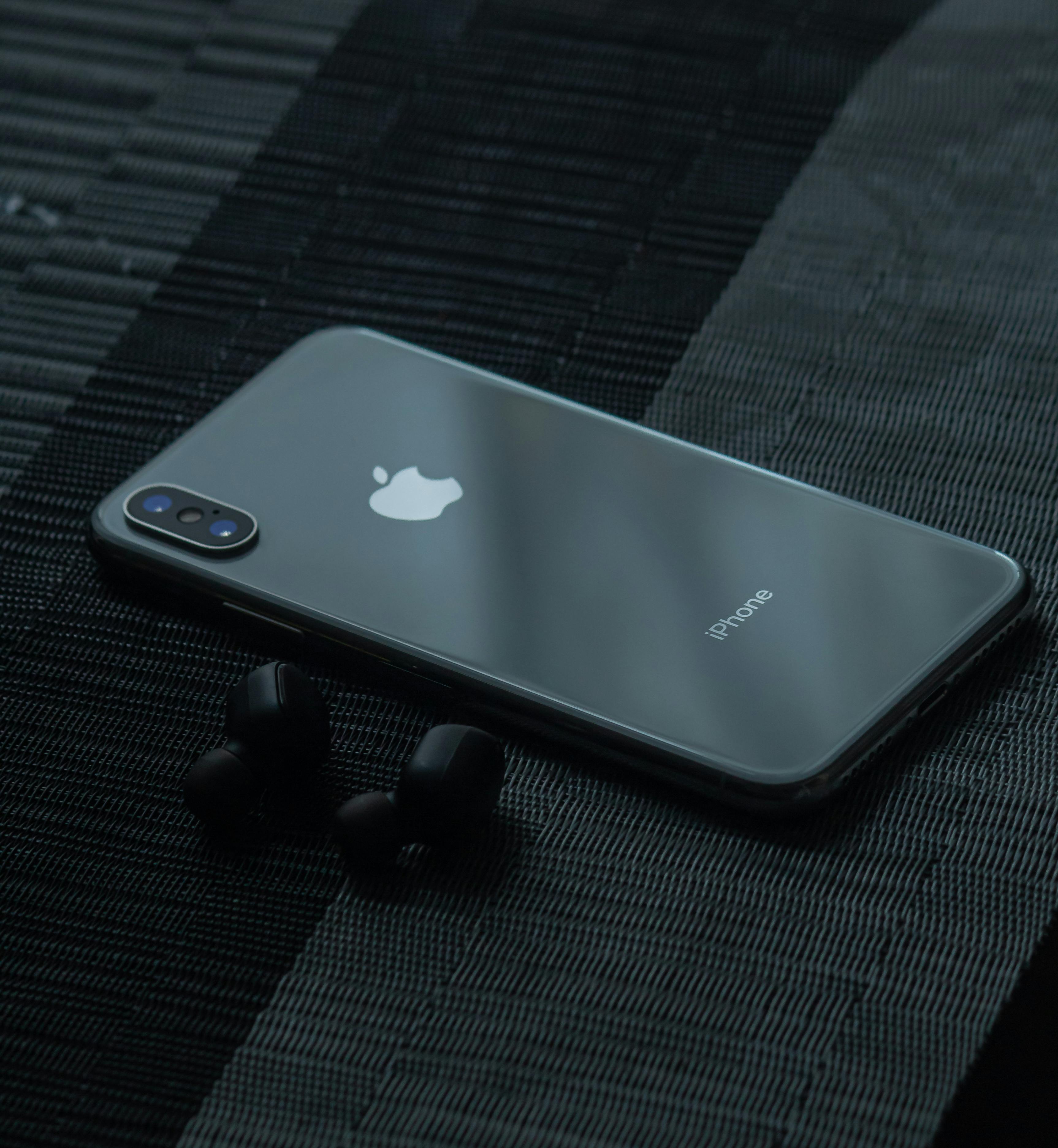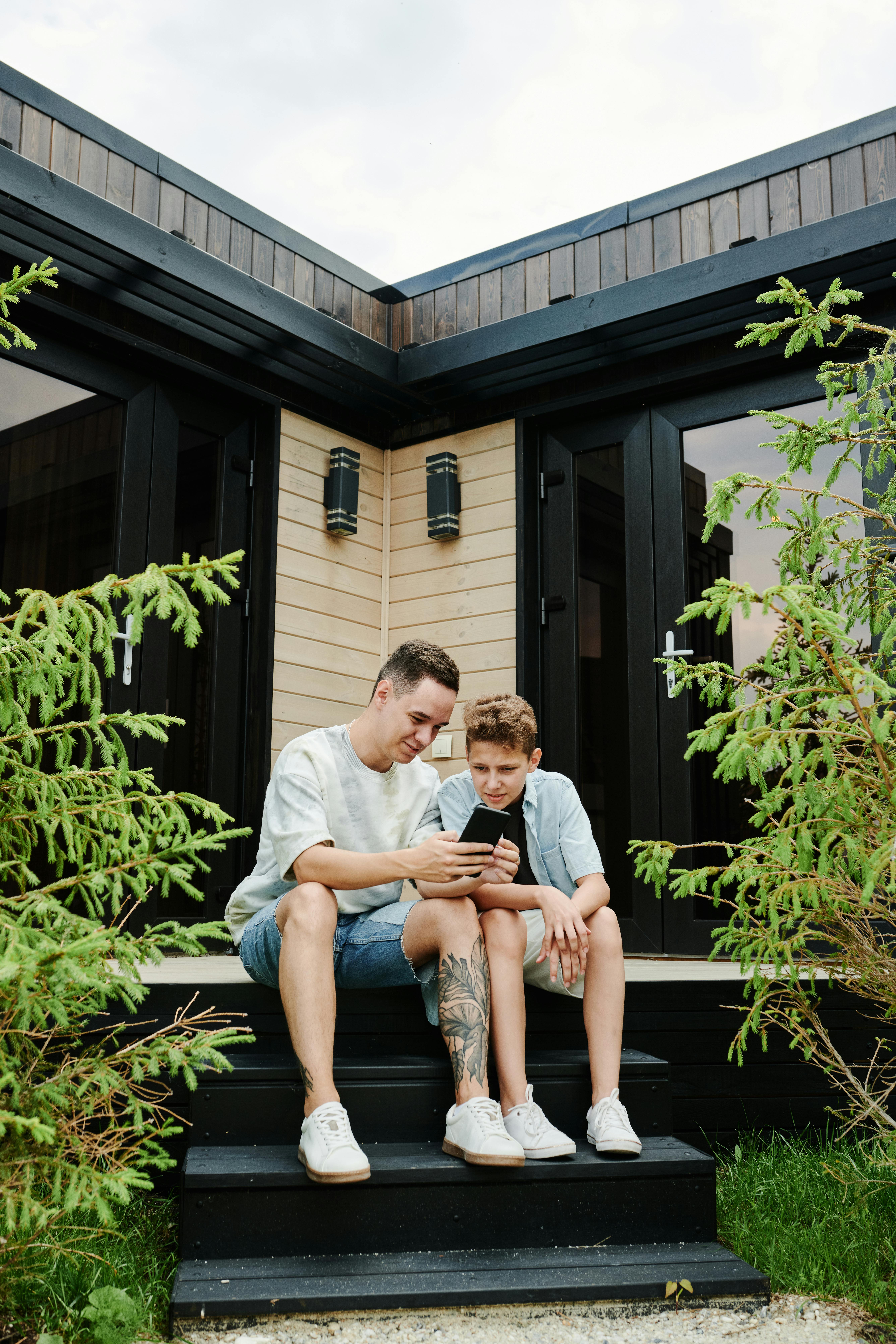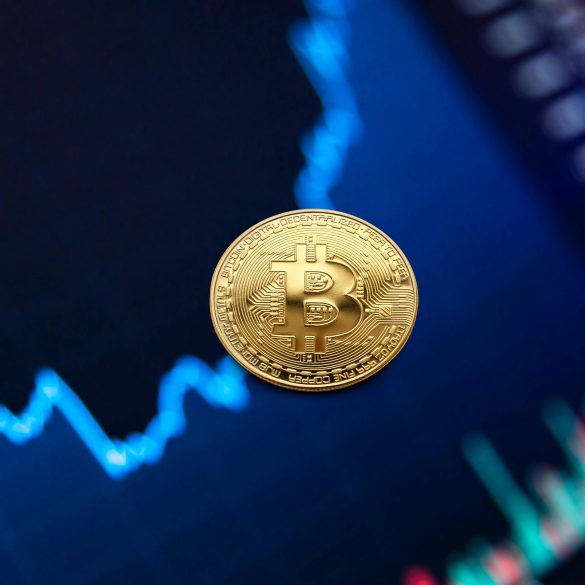Guinea-Bissau Digital Privacy: Simple Beginner Steps for Safer Devices
Let’s be honest here—digital privacy gets tossed around a lot, but in Guinea-Bissau, most folks I’ve met still wonder: “What does it actually mean for me and my phone?” I get it. Back when I started helping local schools manage their first computers, nobody was talking about privacy. Now, everyone’s got a device (or two), more people are using WhatsApp, checking Facebook, even logging into government portals, and that nagging feeling pops up—could something go wrong? Actually, let me clarify: Some people do worry. Most just hope nothing bad happens. I’ve seen families use the same password for everything, stores share Wi-Fi with neighbors, and kids plugging USB sticks into every computer in sight—sound familiar? If so, you’re in the right place. This guide is written for absolute beginners. It’s about simple, concrete steps to make your everyday devices less vulnerable, no matter your age, experience, or budget.
So, what’s the plan? I’ll walk you through the basics: Why privacy matters locally, how everyday habits make the biggest difference, what mistakes I’ve personally learned from, and the real “first steps” you can take on any device—phones, laptops, smart appliances, you name it.
Why Digital Privacy Matters in Guinea-Bissau
Ever notice how “privacy” is often seen as a luxury? That’s especially true in Guinea-Bissau. On second thought, it’s not just about luxury—it’s survival. People here value reputation, trust, and keeping family matters discreet. But the digital world? It doesn’t care much about local customs. I’ve watched cyber scams hit local businesses, photos leak from seemingly “secure” WhatsApp groups, and school computers infected through a single email attachment. What really stuns me is how quickly a small privacy mistake can snowball into something bigger—financial loss, embarrassment, even legal trouble.2
So let me ask: Is privacy only about hackers and high-tech attacks? No—actually, most threats in Guinea-Bissau are “low-tech.” Shared passwords, out-of-date apps, public Wi-Fi risks, borrowed devices, and plain old carelessness. I learned this the hard way last year during a local teacher’s workshop. A single missing security update led to a cascade of problems for half the laptops. To be more precise: It just took one slip-up.3
Everyday Mistakes: Real Local Examples
Let me paint a picture: Last month, I helped a shop owner whose smartphone kept displaying random ads. He thought it was just “bad luck.” Turns out, he’d installed a free app from an unfamiliar link—classic malware. Earlier this year, I got a frantic call from a parent whose daughter’s social media account was compromised. The reason? Same password for every website since 2017. Actually, now that I recall, nearly half the Wi-Fi spots in Bissau still use “12345678” as their password—no, I’m not joking! These are real, everyday mistakes. Sound familiar?
- Reusing passwords for banking, email, social media
- Installing apps from random links or messages
- Leaving devices unlocked in public places
- Sharing personal info freely on local forums
- Ignoring software updates, even when prompted
Honestly, these issues aren’t limited to beginners—seasoned users slip up too. I’ve been guilty. A year ago, I left my own laptop unattended at a local café and realized afterward I’d never changed the default password. What a simple, avoidable risk!
Let that sink in for a moment. Have you ever handed your phone to a relative, forgotten to log out of a banking app, or used public Wi-Fi to send important documents? It’s really, truly common—and totally fixable.
Privacy Foundations for Beginners
Here’s what gets me: Most so-called “privacy advice” skips the basics, assuming you’re already tech-savvy or have money to burn. In Guinea-Bissau, that’s not the case for most folks. This section lays down real foundational habits, based on years of trial, error, and lots of humility.
So, how do we start? Last week, during a local meeting, I asked 20 people if they ever changed device passwords. Five said yes. When I followed up, only two had used unique passwords for each service. That’s roughly 10%—and it’s actually pretty typical. So, let me run through absolute essentials, step by step.
- Use unique passwords for each account. Combine letters, numbers, symbols (where possible).
- Turn on device lock screens. Use PINs, patterns, or fingerprint options.
- Update apps and system software regularly. Even budget phones receive updates—install them when prompted.
- Download apps only from official sources. Avoid links in messages or social media unless you trust the sender.
- Log out of accounts when done, especially on shared devices.
That’s it—just five habits. I’ve personally watched dozens of families avoid trouble after applying these simple rules. Is it perfect? No. But it’s “good enough” for day one.
Step-by-Step Device Safety
Let’s go deeper. What about specific device types? In Guinea-Bissau, basic smartphones and older laptops are most common, but smart TVs are popping up too. Here’s a table laying out simple, concrete safety steps per device. Nothing fancy, just actionable.
| Device | Quick-Safety Step | 常见陷阱 | 本地示例 |
|---|---|---|---|
| Smartphone | Use lock screen PIN or pattern | Never set a device password | Shared with relatives in market stall |
| Laptop | Install all software updates | Ignore update notices for months | School computer, used by classes |
| Tablet | Download only from trusted app stores | Install from web ads or SMS links | Family tablet; kids play games |
| Smart TV | Log out of streaming accounts | Leave accounts logged in all year | Shop TV streams soccer to customers |
Every time I run a local workshop, I see the same pattern: People know “theory,” but not the concrete habit. So, start with just 一 device. Pick the easiest step above and do it today. Small habits pile up into real protection.
Do you regularly check where apps come from? When was the last time you updated your operating system? These simple questions can make all the difference. Actually, thinking about it differently, I’d recommend making a checklist—old-school pen and paper, honestly works better than most fancy reminders.
Local Reality Checks & Cultural Habits
Okay, let’s step back. The way digital devices are shared in Guinea-Bissau is pretty unique—family tablets, community Wi-Fi, and lots of device swapping in small shops. The more I consider this, the more cultural habits matter. For instance, younger relatives often help elders with phone settings, but may not always explain what a new privacy setting is for. Neighborly trust sometimes means letting others use your login info, and schoolteachers often keep generic passwords for administrative systems. Actually, this is where trouble tends to start.
- Multiple users on one device—with zero switch of accounts
- Trusting relatives with access to social media and money apps
- Not logging out after using “shared computers”
- Using group chats for sensitive info
It puzzles me sometimes, as I grew up with similar habits—trust first, ask questions later. But in the digital world, privacy is built on healthy skepticism. “Pause before sharing,” my mentor always reminded me. Nowadays, those pauses matter more than ever.
Let that sit for a moment. Next time you use public Wi-Fi, avoid sending sensitive files or entering financial details. If you must, disconnect as soon as you’re done, or use mobile data for important activities. It’s surprisingly effective.

Your Simple Privacy Action Plan: Breaking It Down
On second thought, “action plan” might sound too formal, but really I mean a practical, “just do this next” guide you can use wherever you are. Let’s look at step-by-step solutions—because what most people need is a jumpstart, not a tech lecture.
- Set device lock screens right now. Whether it’s your personal phone, your shop’s tablet, or the family laptop—if it’s not locked, fix it before moving on.
- Create a new, strong password for your most-used account. If you struggle with ideas, choose a short phrase only you would know—mix it up with a number or two.
- Check for updates. Press “update” in your device’s settings. Even if it takes a while, do it while you’re reading this.
- Remove any apps you don’t recognize or use. Old games, random calculators, mysterious “cleaner” apps—they’re often trouble.
Funny thing is, most people skip these basics thinking they’re “too simple” to help. Every workshop I facilitate, I hear: “I’ll try the advanced security stuff when I have a better phone.” What I should have mentioned first: You don’t need a fancy device to get 80% safer—a basic feature phone can be secured with these habits.8
Common Questions and Misconceptions
Let’s dig into the most frequent questions I get from Guinea-Bissau users. These highlight real struggles—and show that curiosity is key.
- Is “private browsing” enough? Not really—use it to hide history, but it won’t save you from all threats.
- Are free Wi-Fi networks safe if nobody else is around? No—data can still be intercepted by apps or remote users.9
- Should you log out of apps after use? Always, especially on shared devices or public computers.
- Are SMS security codes safe? Generally yes, but avoid sharing them even with close friends.
- Is antivirus software worth it? Yes, if you can install a trusted one, but the basic privacy habits described are usually more important.
Here’s a table that presents the misconceptions versus the actual practices—with my own commentary stirred in.
| Common Misconception | The Real Practice | My Experience |
|---|---|---|
| All personal info is safe inside “private” apps | App developers/third parties may access certain data | Facebook groups leaked details of a local event last year |
| Changing passwords is too much hassle | New passwords block most simple attacks | Neighbor switched to new password, scam emails stopped |
| Free Wi-Fi is always worth the risk | Mobile data is safer for banking and sensitive things | I lost access to an email on a market Wi-Fi hotspot; lesson learned |
Building Community Awareness
People here tend to learn by sharing stories. One shopkeeper’s simple error, a schoolboy’s lost account, or a teacher’s security improvement ripple through the community. In my experience, group learning is not only effective—it’s essential. Last year, I tried a “privacy hackathon” with teens, and what struck me was how quickly everyone spread what they learned to parents and grandparents.
Another idea? Create a “Privacy Friends” group on WhatsApp or Telegram where you share tips, ask questions, and encourage safe practices—making privacy a community habit, not an individual burden.
So, pause here. Who is your privacy mentor? Could you become one?
Advanced Beginner Strategies: Going Beyond the Basics
Let’s say you’re getting the hang of these simple steps and you want to up your game—what then? You don’t need to get technical. Think of this as “walking before running”: small upgrades are absolutely crucial.
- Enable two-step verification (where possible) for key accounts
- Actively delete unused accounts
- Explore built-in privacy settings in Facebook, WhatsApp, Google
- Use “guest mode” when lending devices
- Track app permissions—and revoke anything you don’t understand
About two years ago, I started insisting that every shop assistant I trained should delete old or mysterious apps monthly. What a difference! Fewer odd pop-ups, fewer device crashes. It’s a habit worth forming. I know, these might sound “advanced,” but trust me: With patience, anyone can master them.
Your First Privacy Actions: Let’s Get Started
I have to admit, there’s a learning curve at first. Many people in Guinea-Bissau struggle with “where to start,” especially if tech feels foreign. My own journey included plenty of small mistakes: forgetting to log out, ignoring updates, choosing “easy” passwords. What matters is persistence, not perfection.
Thinking Forward: Keeping Privacy Habits Updated
As devices and threats evolve, so do privacy habits. I’m partial to old-school reminders—calendar notes, weekly family check-ins, or scribbling to-do lists. What I’ve learned? Updating your habits even once a year makes a massive difference. And, on second thought, set a seasonal “privacy reset”: each rainy season, each harvest, review your habits.12
- Check device passwords and change if needed
- Review app permissions and privacy settings
- Ask friends if they’ve heard of recent scams or issues
- Remind family about shared device etiquette
That’s all it takes. For the most part, mistakes become learning moments—and, believe me, everybody makes them.
参考文献及延伸阅读
Honestly, I reckon you’re more equipped than you realize. By taking just a few simple steps, telling your story, and checking in with others, digital privacy in Guinea-Bissau gets stronger—for you, your family, and your whole community. Let’s keep the conversation going—and keep learning together.



